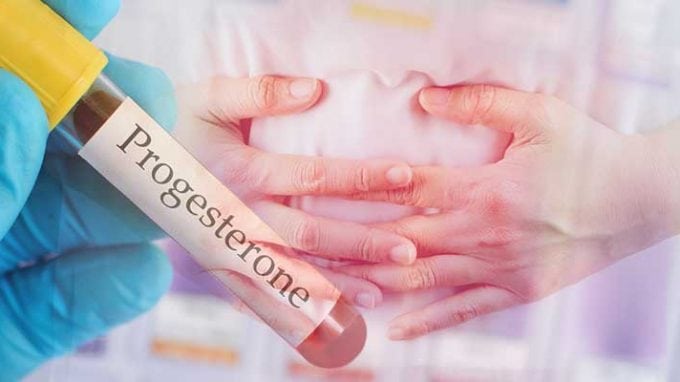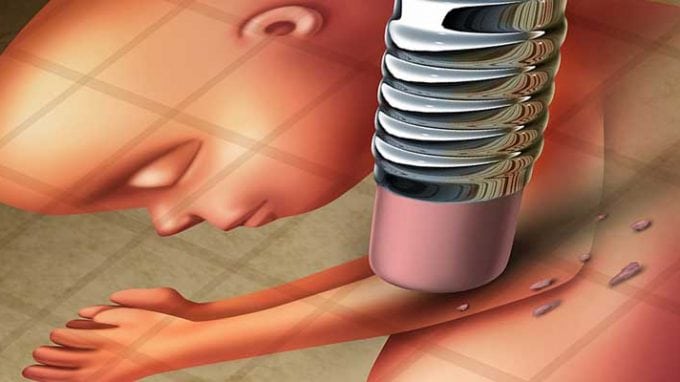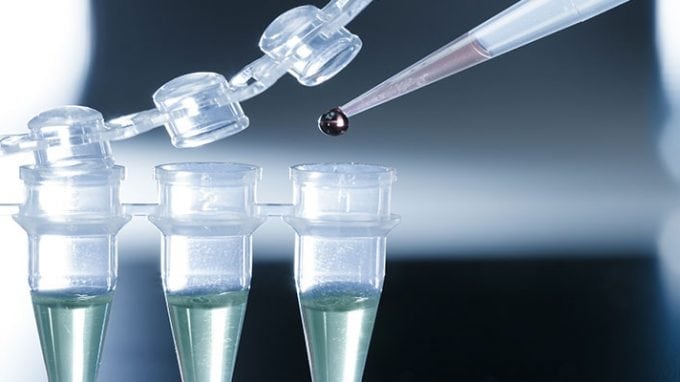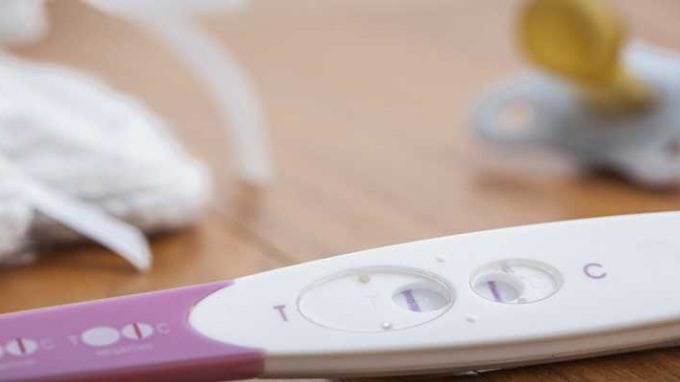For women who have already miscarried, the change to daylight saving time may increase risk of miscarriage after in vitro fertilization. Miscarriage and Daylight Saving Time A recently published stu...
Daylight Saving Time and Its Impact on Miscarriage Rates








